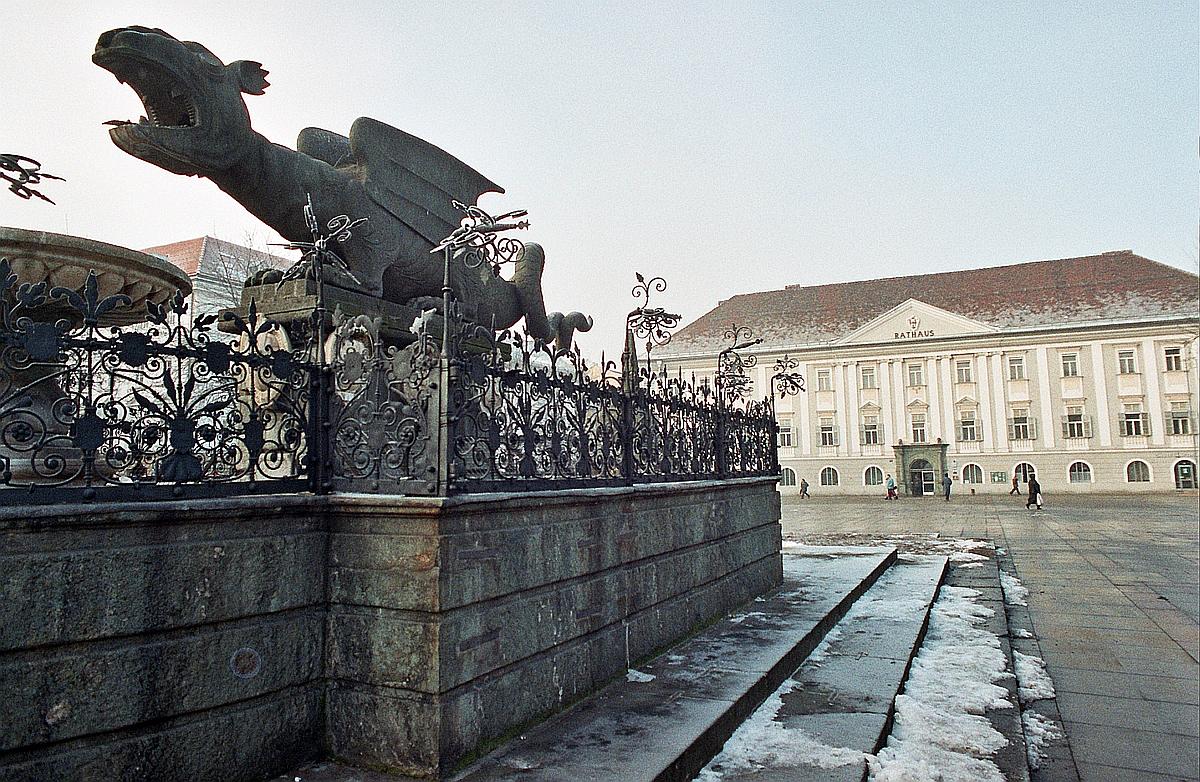
Slovenia prides itself on its literary tradition. One of the earliest literary forms in the Slovenian lands was the religious passion play, and one of the best was a Slovenian-language play from the town of Eisenkappel (Železna Kapla) in modern-day Austria.
The manuscript of the passion play was discovered by a man named Stefan Singer in 1899. At first, it was thought to be a translation of a German-language work. Villagers regarded the manuscript with curiosity and even staged the play several times, but then forgot all about it.
The text was largely ignored until researcher Erich Prunč rediscovered it in the 1980s. He analyzed the play and found out not just that it was a high-quality literary work but that it has originally been written in Slovenian – a development that came as a shock to some German nationalists who couldn’t believe that such a fine example of literature could have originated along members of the Slovenian community.
It turns out that the play was written in the late 18th century. It included sections of both poetry and praise, and with more than 2700 verses, it is one of the longest plays ever written in the Slovenian language. The play is based on earlier Jesuit works; experts have traced parts of a manuscript to a Slovenian passion play staged in 1615. Over the years, parts of the play were modified to avoid censorship, but almost all of it dates to the Baroque era. The Eisenkappel Passion Play is one of just two preserved Baroque plays in the Slovenian language.
Today, the Eisenkappel Passion Play, whose manuscript is held by a Slovenian institute in the Austrian town of Klagenfurt, is considered not just as one of the foremost examples of religious plays in the Slovenian lands but also an important part of the impressive cultural legacy of the Slovenian community in the southern Austrian province of Carinthia.

































































